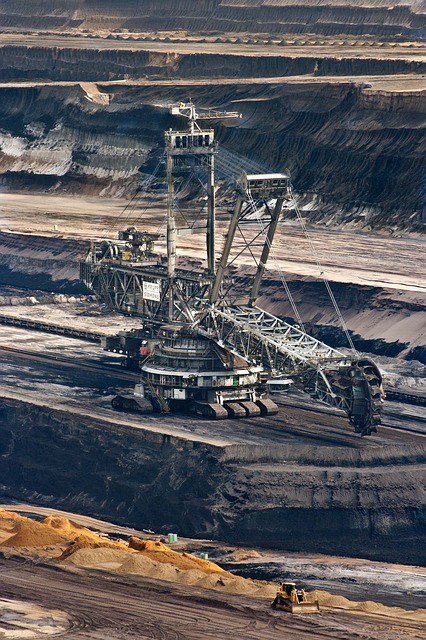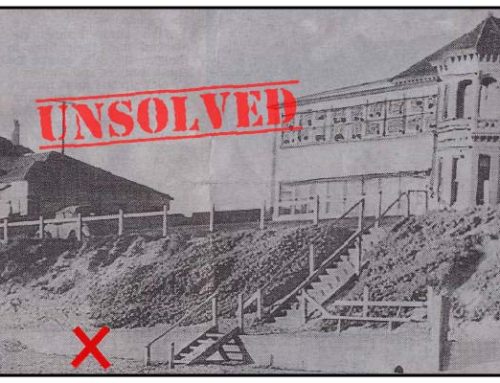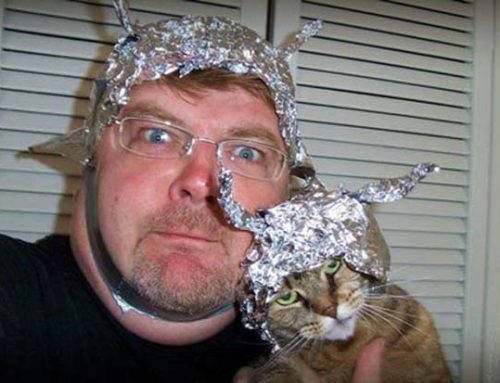According to want we just unearthed, nearly half of all coal mined is sold using a scheme of selling it back to themselves at below market value.
A coal company will sell it to a subsidiary they created – a shell company by another name, perhaps for this very purpose, using what is known as a “captive transaction”. This creative sales method is allowed currently and benefits a coal company in two ways.
By law, coal companies are only required to pay royalties on the first sale. So by making initial “in house” sales at rock-bottom prices, they create an artificially low value in order to evade royalty payments
…and maximizing taxpayer-funded subsidies from the U.S. Department of the Interior.
As an example of how widespread the practice is, five of the largest coal companies operating in Wyoming and Montana are taking advantage of this loophole in a massive way.
The coal then can be bought and sold multiple times until it reaches a final destination and is sold to an end user, such as a power plant where it is burned for electricity. By building up hundreds of subsidiaries, coal companies have been able to sell to their own companies and partners, allegedly paying royalties based on an artificially low sale price.
So, in effect, these coal companies are not only dodging paying the federal government what would be due normally, but they are also taking more from the government than what their entitlement really is…
Get the details on this practice in the full articles that are available – they were our sources for this news brief:
“Coal Companies Gain Federal Subsidies by Selling Coal to Themselves” on AllGov
“Coal Companies Are Selling Coal To Themselves To Get More Government Subsidies” at Climate Progress (a part of ThinkProgress.org)
Image (license CC0 Public Domain) by RoDobby on Pixabay




